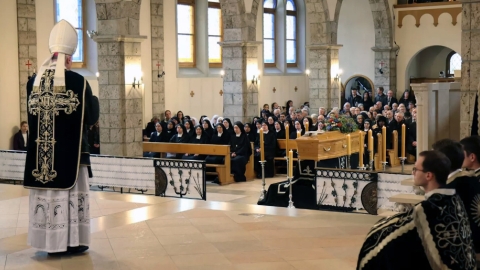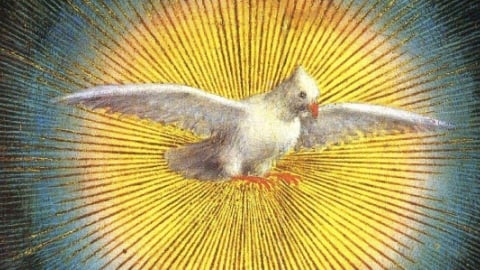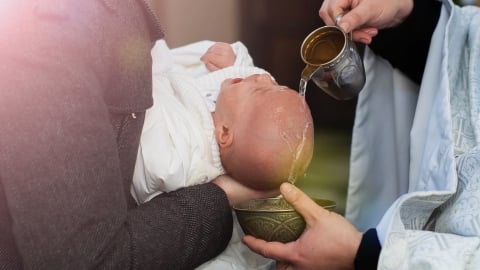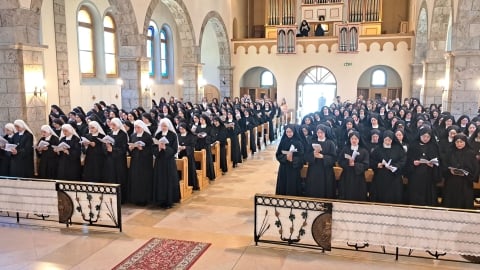Liturgy: Quinquagesima Sunday - Thy Faith Hath Made Thee Whole

Faith in Christ, dead and risen again, is the subject of the Gospel. We read how Christ foretold His Passion and His victory and how He restored the sight of a blind man, and told him: "Thy faith hath saved thee."
On this St. Gregory comments: "This blind man recovered his sight under the very eyes of the apostles so that to have seen deeds wrought by the divine power might strengthen the faith of those who could not yet grasp the message that a heavenly mystery was revealed to the world. Indeed it was necessary, that when later they should see our Lord die in the very way foretold by Him, they should have no doubt at all that He must also rise from the dead."
In the epistle, in its turn, St. Paul sets forth charity in all its merit, indicating to us how our own faith should bring forth fruits of virtue. St. James, touching on the same theme, writes, "So faith also, if it hath not works, is dead in itself. Wilt thou know that faith without works is dead? Was not Abraham our father justified by works, offering up Isaac his son upon the altar? Seest thou that faith did cooperate with his works; and by works faith was made perfect? And the scripture was fulfilled, saying: Abraham believed God, and it was reputed to him to justice, and he was called the friend of God. Do you see that by works a man is justified, and not by faith only?"
If the custom of allowing ourselves a little relaxation of spirit before undertaking the Lenten penance is of liturgical origin, let us not forget that the Church condemns all excess. To atone, therefore, for those sins that are committed, let us this week make an act of adoration of the Blessed Sacrament.
Source: Dom Gaspar Lefebvre, OSB, 1945, adapted and abridged.





